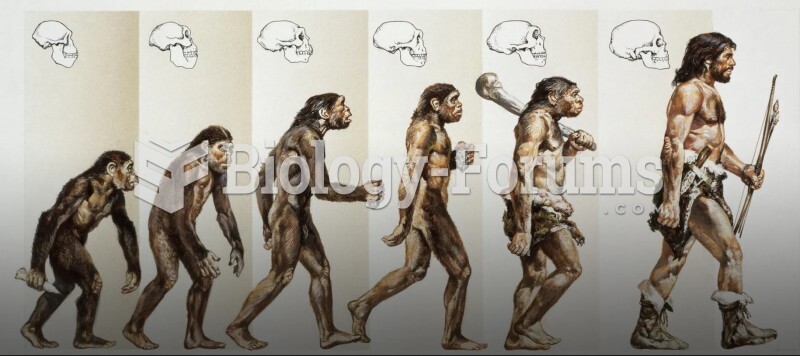Answer to Question 1
An ideal response will:
1. Discuss how the South has historically had a common political identity that is distinct from that of the North due in part to competing economic interests, and that secession and the Civil War helped to reinforce those differences.
2. Explain how Lincoln's action of emancipating the slaves and the experience of Reconstruction transformed the South into a reliably Democratic region.
3. Explain how the South is becoming increasingly less distinct due to changing economic patterns and an increase in the number of people moving to the South from other regions of the United States.
4. Explain how these factors have also contributed to the shift in partisan loyalties of southerners, beginning roughly in the 1960s, from Democratic to Republican at all levels of government.
5. Discuss how a national political candidate can expect the South in the years ahead to remain solidly Republican.
6. Provide a clear and effective conclusion.
Answer to Question 2
An ideal response will:
1. Explain how American politics is affected by geography due to the sectional groupings of states that have emerged over our political history.
2. Discuss the different groupings of states, such as the South, the Bible Belt, and the Rust Belt, and how they have different political and economic interests.
3. Explain how these differences materialize in politicsfor example, how shifts in population have affected reapportionment and representation in the House of Representatives; how federal land ownership in the Rocky Mountain West creates tensions between the federal government and the various state governments; and how historical tensions over race in the South continue to affect politics.
4. Provide a clear and effective conclusion.






